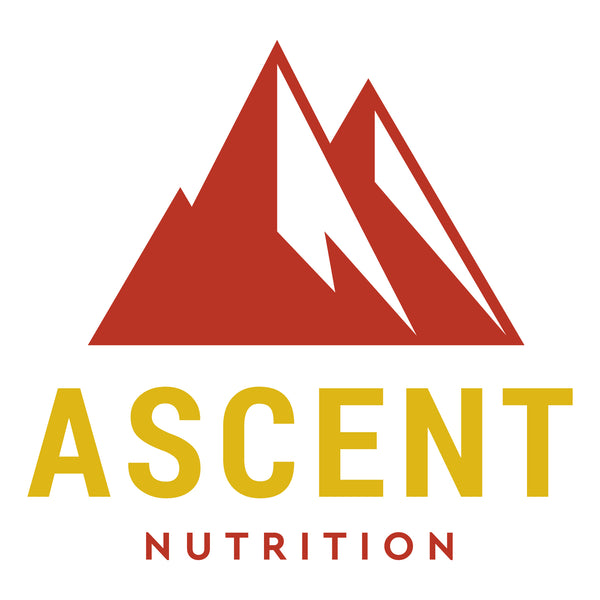Omega 3s (especially DHA) play a crucial role in the structure and function of brain cells, providing numerous benefits for cognitive health and well-being.
The human brain is 60% fat, with DHA omega 3 being an essential structural component of brain cell membranes [5]. As a nootropic nutrient, DHA supports neuron structure and function in several ways:
• DHA is an Important Structural Component of Cell Membranes
Nearly all cell membranes, including neuron cells, contain phospholipid molecules. These phospholipids are composed of two fatty acids attached to a phosphate group head.
Remarkably, over 90% of the omega 3s and 25% of the total polyunsaturated fat content found in the brain is DHA. The essential fatty acid integrates into the neuron cell membrane, supporting membrane fluidity and structural integrity.
This high incorporation of DHA omega 3 into neuronal membranes highlights its critical structural role for proper brain cell function throughout all stages of life—from prenatal to adulthood [2] [3].
DHA gives neuron cell membranes flexibility, fluidity, and permeability for efficient transmission of electrical signals through the brain’s neural networks [6].
Structurally supporting neuronal membranes with DHA ensures efficient cognition and information processing.
• Supports Neuronal (Dendritic) Branching Structure
Dendrites are the branched, tree-like structures that extend out from the cell body of a neuron. More dendritic connections allow a neuron to talk with more adjoining cells.
Some studies suggest that DHA encourages elongation and branching of dendrites [7]. This enhanced density and length of dendrites equates to more optimal signaling between neurons all across the brain – facilitating healthier information transmission.
By supporting membrane structure and neuron connectivity, DHA provides a structural backbone for efficient electrical signaling, cognition, learning, and memory – making it an ideal nootropic compound.
• Supports Synaptic Neuronal Membrane Fluidity
The synapse is the tiny space between two neuron cells. This is where neurotransmitters like dopamine and serotonin carry signals to adjoining cells.
DHA omega 3s support optimal membrane fluidity and permeability at neuronal synapses [8]. This facilitates neurotransmitter movement and nerve signaling between neurons – the foundation of electrochemical transmission through the brain’s neural circuitry.

